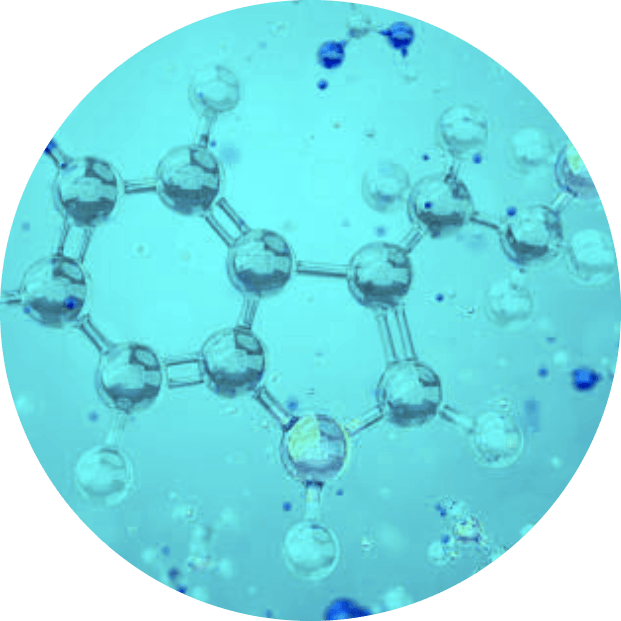
Can methylation problem be the root cause of autism? Methylation has been identified as a possible factor in autism. Recent research suggests that metabolic biomarkers of increased oxidative stress and impaired methylation capacity may be associated with autism in children. This raises the question: Could methylation issues be at the root of autism? In this blog post, we will explore how methylation issues may be linked to autism and examine the potential implications of these findings.
Root cause of autism? Can it be the problem with the methylation?
Everybody wants to know the root cause of autism. Methylation issues could be one of the main factors. Methylation is an important process that helps regulate gene expression, DNA repair, neurotransmitter production, and other metabolic activities in the body. It’s a process of transferring a small molecule, called a methyl group, from one molecule to another. This process helps control the activity of certain genes by either turning them on or off. When the body can’t methylate properly, it leads to increased oxidative stress. Oxidative stress occurs when there is an imbalance between the production of free radicals and the body’s ability to counteract their damaging effects. This can lead to further health problems if left unaddressed.
Methylation is a biological process that regulates gene expression. Abnormal methylation patterns have been associated with various neurodevelopmental disorders, including autism. In individuals with autism, abnormal methylation can impact the expression of genes involved in brain development and function, leading to changes in brain connectivity, synaptic plasticity, and neurotransmitter function, which can contribute to symptoms such as difficulty with social communication, repetitive behaviors, and restricted interests.
What are the Symptoms of Methylation Issues?
Methylation is an essential process that helps the body maintain healthy functions and processes. When it’s impaired, several symptoms can arise. Symptoms of methylation issues may include fatigue, poor memory, chronic pain, mood swings, anxiety, depression, food sensitivities, and digestive problems. Additionally, impaired methylation can lead to increased oxidative stress, when the body’s cells become damaged by free radicals and other toxins. This can manifest as systemic inflammation and an increased risk for certain diseases. Identifying and treating methylation issues is critical for maintaining good health.
What Causes Methylation Issues?
A variety of factors can cause methylation issues. The most common are genetic predisposition and oxidative stress. Oxidative stress occurs when there is an imbalance between the production of free radicals and the body’s ability to detoxify them. It is a key factor in many diseases and disorders, including autism.
Genetic mutations that affect methylation may also contribute to the development of methylation problems. These mutations can be inherited or acquired over time, due to environmental factors such as exposure to toxins. Chronic inflammation can also hurt methylation, leading to an imbalance between the production and breakdown of methyl groups.
In some cases, methylation issues can be caused by underlying nutritional deficiencies. For instance, deficiencies in certain vitamins and minerals, such as vitamin B12, folate, zinc, and magnesium, can all impact methylation pathways. Poor dietary habits, such as consuming processed foods and eating too many sugary foods, can also contribute to methylation issues.
Finally, chronic stress can also contribute to impaired methylation. When the body is under constant stress, it can produce hormones like cortisol which can affect how the body processes nutrients and affects its ability to produce energy. This can lead to changes in methylation levels, leading to a range of health issues.
How is Methylation Testing Done?
Methylation testing is an important step in determining the causes of impaired methylation capacity and increased oxidative stress in children with autism. Methylation tests measure the levels of several key compounds involved in the body’s methylation pathways. This includes the biomarkers S-adenosylmethionine (SAMe), homocysteine, folate, vitamin B12, and other important molecules related to oxidative stress.
Methylation testing is most often done using a blood sample. However, other samples such as urine, saliva, or hair can also be used. Depending on the test being done, the sample will then be analyzed to measure the levels of different biomarkers associated with methylation pathways. The results of the test can provide valuable insight into the functioning of the methylation pathways and indicate if increased oxidative stress is present. This can help guide treatment decisions and lead to better outcomes for children with autism.
What are the Treatment Options for Methylation Issues?
Methylation issues can be addressed through both conventional and alternative treatments. Conventional treatments often focus on managing symptoms and providing support to those affected by autism. These treatments may include dietary interventions, medications, speech and language therapy, and behavioral therapy.
Alternative treatments, such as antioxidant supplements, may also reduce oxidative stress in individuals with methylation issues. Antioxidants reduce the amount of free radicals in the body, which are thought to play a role in developing many chronic illnesses. Antioxidants may also help to boost the body’s natural defenses against oxidative stress. Some antioxidants that may benefit individuals with methylation issues include vitamin C, vitamin E, CoQ10, N-acetylcysteine, and glutathione. Additionally, consuming a diet rich in antioxidants from fruits and vegetables may also be beneficial. For more information on the biomedical treatment of autism check this page.
Resources
https://pubmed.ncbi.nlm.nih.gov/15585776/


